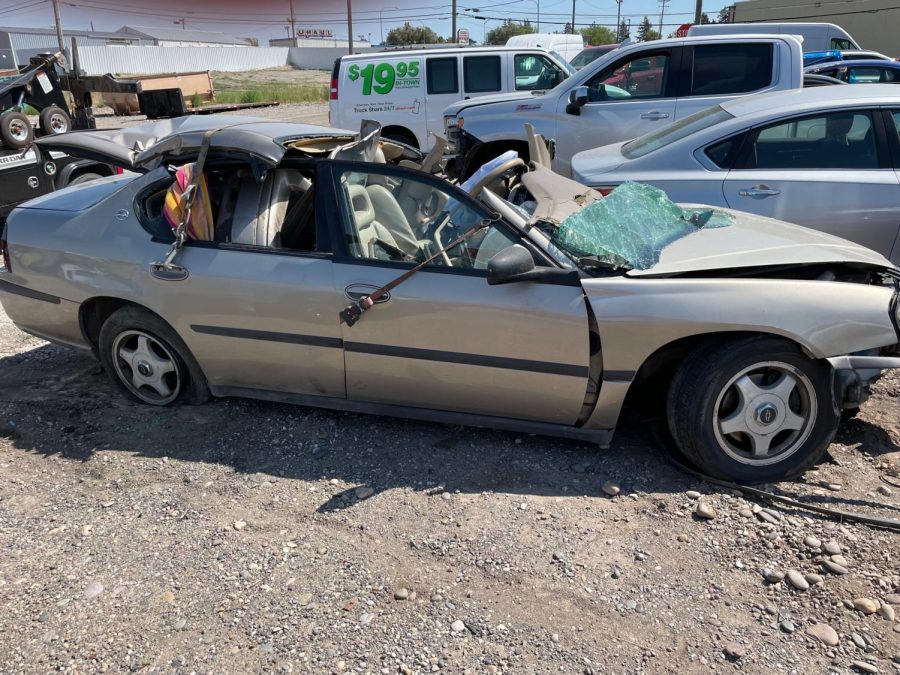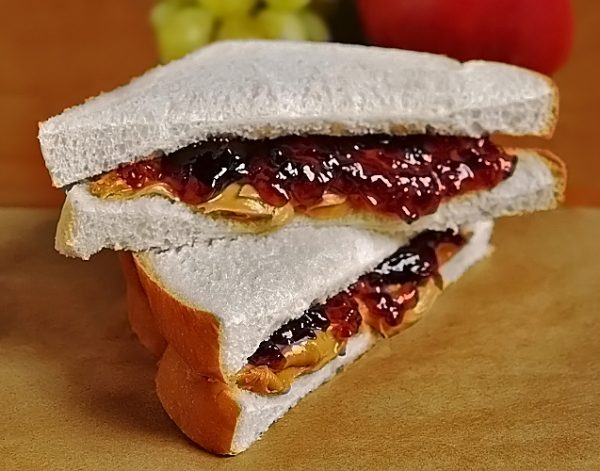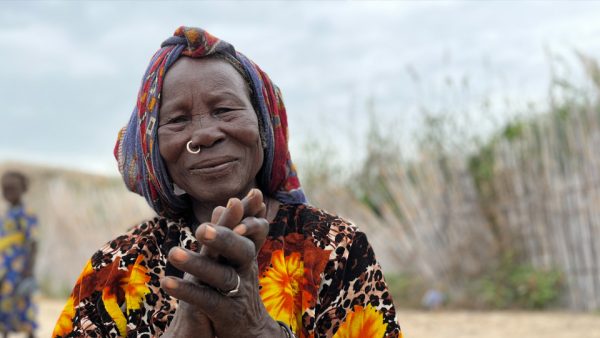Independence: Lost and Found
“Cyd, are you okay?” I called out. The impact from the other car had smashed my side of the car and pushed me toward her. Thank goodness I had insisted that Cyd wear her seatbelt.
“I think I am,” she replied as the dust settled.
Our last day of freedom before work and school started again had just ended in the most horrible way imaginable. So many thoughts were racing through my mind. “Was the other driver okay?” I wondered. I wouldn’t be able to cope if anything had happened to the other driver or Cyd, my best friend. About then I succumbed to my own injuries. I could hear the sirens, but I could not see the flashing lights. And all I could do was hope that everyone was okay. At that moment, it didn’t matter if I was injured— I just wanted to know if everyone else was okay.
Shortly, a Bingham County deputy asked me if I was okay while he reached in and took my phone from the holder in the dash. In agony I gasped out, “Mom, Dad, Blair, Cyd, Hatch…”
“Who are they?” he asked.
“My family.” I replied
Over the next hour, emergency personnel from Firth, Blackfoot, and Idaho Falls struggled to meet the needs of Cyd, the other driver, and myself. Highway 91 at the Wapello Firth Road, the site of the accident, was closed so that emergency personnel could safely go back and forth between vehicles, ambulances, and other emergency vehicles.
One of the emergency responders who was trying to extricate me from the Impala repeatedly pleaded, “Stay with me. Stay with me, Sweetheart.”
“I am not dying,” I replied, struggling with the pain.
I had not been able to see anything at all, just the silhouette of the people trying to help me. It was just a blur of activity, and my memories are mercifully cloudy.
Another first responder told me, “We need to cover you with a tarp, so glass does not get on you.” Still not understanding what was happening, I blatantly agreed.
As the jaws of life were applied to my Chevy Impala, pain began radiating throughout my body—so much pain, unlike anything I could ever imagine. Once the emergency personnel had removed the roof of my car, they struggled to get me out of my car. I had no control of my body, but I knew some part of my body was trapped. Eventually, the responders were able to free my foot from under the brake pedal and pull me free of the wreck.
I could hear the EMTs discussing how best to triage my body and could feel them working on me. My mind wandered to my parents. “Oh, my parents are going to be so mad,” flashed through my mind. My mom was already concerned about some expenses, and I was sure my parents were going to be so disappointed.
Eventually, I was transported to Eastern Idaho Regional Medical Center (EIRMC)—my prison for the next 20 days. Once I arrived in the emergency room, everything became a blur. I just kept pleading for my parents. Finally, my parents were allowed back into my emergency room.
“I am so sorry, Mom,” I cried.
She stroked my hair, “Jen, I am just so glad you are alive.” I could hear my dad say the same thing in the background.
“Mom, I hurt so much.”
“I know, Sweetie. They are working to get you stable. You are going to have to have surgery.”
“Mom, will you pray for me?”
“Of course.” My mom prayed as the people all around her were busily working, attending to my severe injuries. When she finished, she asked, “Do you want Dad to give you a blessing?”
My dad found a way to get around the equipment so he could lay his hands on my head. I really don’t remember what he said, but I felt like it was going to be okay.
For the next twelve hours, I really can’t remember much of what was happening. I vaguely remember the nurses asking my parents if I could have a blood transfusion and my parents saying whatever it took to help me.
Pain, my constant companion, woke me at 4 a.m. My parents were no longer by my side, but I had my cell phone, so I called my mom.
“Mom, I hurt so much.”
“I know. Did you tell the nurse?” As my parents visited with me over the phone, my mom received a text from my Aunt JoBeth. JoBeth is one of my favorite aunts, and I spend several weeks each summer with her.
Mom said, “Jenna, Aunt JoBeth just texted me. Can she call and talk to you so that Dad and I can get some sleep?” Apparently, my parents didn’t get home until 2 a.m. and had just fallen asleep when I called.
The next day parents arrived in my room in the Pediatric Intensive Care Unit (PICU) and continued to discuss my care with the trauma team and the floor doctor right before I was taken to another CT scan. During the night, I had two external fixtures placed on my pelvis to stabilize the fracturing until I could have surgery with a specialist. There was a bolt through my left leg with a weight attached to pull my hip back to its rightful place. The other fractures in my body were not as significant as the damage to my pelvis. I was a prisoner, trapped in a psychotic bed, and I was in extreme pain. Three days later, on August 22, I had surgery again. Dr. Jacobson, a renowned surgeon in the area, pinned my pelvis together with five pins. He left one of the external fixtures in place as well.
Someone during my care in the emergency room had promised me apple juice, but it was denied me because I had to be in a fasting state until every surgery that needed to happen was completed. Once I was able to have apple juice, it was with great relief. My mom joked that I would say “apple juice” with reverence and awe.
My time in the hospital became a blur with visits from family and friends breaking the monotony of chronic pain. My mom or my dad stayed with me most of the time—only leaving when the other came. Hatch (my boyfriend) and Blair (my older sister) each spent a night with me in the PICU so my parents could rest. I hated that I was so dependent on everyone else to do the simplest things for me–even brushing my hair was difficult to do on my own.
After a week, different hospital staff asked me if I wanted to leave the PICU and go to the rehabilitation floor. I didn’t want to leave the wonderful, caring nurses in the PICU, but the thought of being able to have a shower persuaded me to go. The bed baths my mom and nurses gave me just couldn’t replace a shower. Even my hairdresser, Mindy, tried to help me feel cleaner. Two different times, my mom with Mindy or nurses tried to wash my hair. Blood and dirt stained the pillowcases. Without that shower, I knew I wouldn’t feel clean.
The rehabilitation floor was the beginning of my quest for independence. I was so tired of being in pain and having to have everyone help me. My physical therapists and occupational therapists showed me how I could be free. In fact, they listed the requirements for me to be able to go home: the therapy graphs had to show significant growth, I had to be able to dress myself, and I had to be able to transfer myself from my bed to a wheelchair and back.
I felt so trapped—having to depend on nurses or my mom to even use the bathroom. However, as I worked with Kevin and Tyler to regain my strength and mobility, I started to become stronger. Both men offered the same encouragement, “Jenna, I know this is hard, but this is how you get your freedom.” Then they made me do difficult things. My dad, mom, and my boyfriend, Hatch, were my cheerleaders for therapy.
My occupational therapists helped me with the shower until I had reached a point of skill that my mom could take over—so much closer to independence. My occupational therapist and physical therapists taught me how to transfer from my bed to the wheelchair and back. This normally would not have been difficult, but I had fractured my left fibula and could only use my right leg.
Soon, even more independence came my way. I became so skilled in how to use my wheelchair and how to do the other exercises that Dr. Heddin, the head of the rehabilitation floor, discharged me from the hospital a day early.
Home, a former place of complete independence, became a place of complete dependence. I felt like a small child again, with my mom having to help me with my shower and change the dressings on my wounds. Plus, my mom insisted that someone stay with me each morning: a 16-year-old girl with a babysitter. Later contact with the outside world was through my home health caregivers, Amanda and Zoe, who reminded me that independence was coming. Of course, Hatch was always there for me as well.
Another step to freedom meant finding a way to work through the depression and PTSD the accident caused. Each week I visit with Mitch, my counselor who specializes in trauma and PTSD. Mitch has helped me with the trauma and PTSD that followed the crash, and everything affiliated. He started helping me escape the prison of my mind. So now when I pass the crash site with whomever is driving the anxiety is not as bad as it once was. And of course, not being able to walk is a prison in and of itself.
Each day I am growing in re establishing my independence. The pathway to independence has been difficult and even now full of pain, but there is hope. I can now visualize myself doing everything again. The challenge to my independence now is to follow the care of my doctors and not try to leave the confines of my wheelchair without the permission of my surgeon.
Following the care of my doctors will grant me the physical and mental freedom that I want. Healing takes time and cannot be rushed. One day freedom will once again be mine.
Photos from wreck






Daughter of my Mom • Mar 13, 2023 at 10:22 am
That picture was crazy.
Lori Stocking • Nov 17, 2022 at 8:43 pm
Jenna, Holy Smokes! You are a walking miracle! It is great that you realize the progress that you have made. When I saw you the other day, you looked amazing! I am glad that you are here and from this experience, you can use it to help others. Thank you for sharing your experience with us. Keep up the hard work. You are worth it!
Shauna Croft • Nov 15, 2022 at 7:21 pm
We are so glad you are still with us! Thank you for sharing your feelings and determination. You got this!!